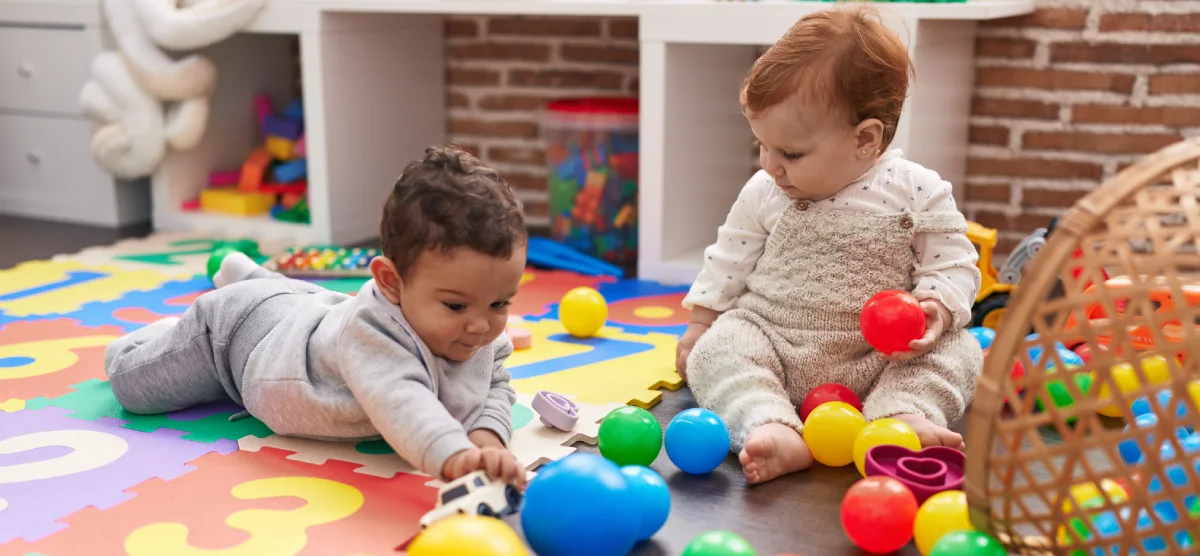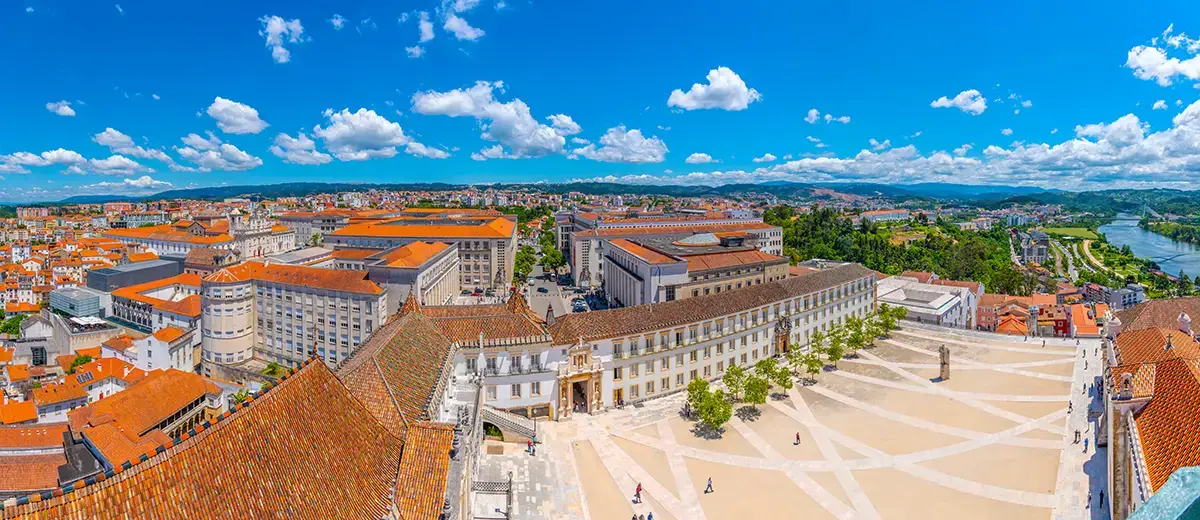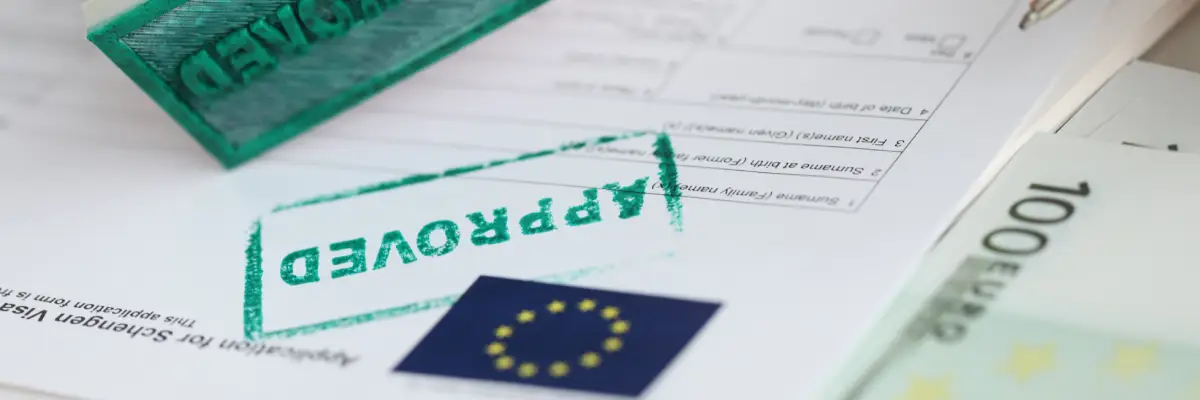
Portugal has become an increasingly popular destination for expats looking for a high quality of life, a pleasant climate, and a rich cultural experience. However, if you are planning to relocate with your family, understanding Portugal’s education system could be a key part of your decision-making process. Whether you have young children starting their school journey or teenagers needing a smooth transition, know that Portugal offers a range of educational options to suit various needs and preferences.
Importance of Knowing How is The Education in Portugal
Relocating to a new country with your family can be a truly rewarding experience, as it allows you to embark on an exciting new chapter while still having your loved ones close. However, it also requires an extra level of planning, particularly if you have children. Understanding how the education system works in your destination country is essential to ensure a smooth transition and to give your kids the best possible start in their new environment.
If you are thinking about raising children in Portugal, in this article we will cover the key aspects of the education in the country, from the different schooling options available to expats to navigating all the stages of the school system. We will help you make informed decisions so your family can settle in with confidence, ensuring your child's educational needs are met in your new home.
Overview of the Portuguese Education System
Let us start by answering one of the main questions expats may have: is the education in Portugal good? We are happy to report that yes, the education for international students as well as for locals is extremely good in the country. According to U.S News and World Report, Portugal is the 25th best country for education in the world.
The education system in Portugal is predominantly state funded, offering free public education to all children from ages 6 to 18. However, families also have the option of choosing private and international schools. The last option can be particularly appealing for expat families due to their multilingual curricula and internationally recognised qualifications. Although, in the last 5 years, over 90.000 foreign students have enrolled in the Portuguese public education system, according to the Education at a Glance 2024 report, by OECD.
Private or public, the main structure of the Portuguese educational System has 5 levels:
| School Level | Age | ||||||||||
|---|---|---|---|---|---|---|---|---|---|---|---|
| Nursery (Infantário) | 0-2 | ||||||||||
| Kindergarten | 3-5 | ||||||||||
| Basic Education 1st Cycle (Ensino Básico 1º Ciclo) | |||||||||||
| 1st Grade | 6-7 | ||||||||||
| 2nd Grade | 7-8 | ||||||||||
| 3rd Grade | 8-9 | ||||||||||
| 4th Grade | 9-10 | ||||||||||
| Basic Education 2nd Cycle (Ensino Básico 2º Ciclo) | |||||||||||
| 5th Grade | 10-11 | ||||||||||
| 6th Grade | 11-12 | ||||||||||
| Basic Education 3rd Cycle (Ensino Básico 3º Ciclo) | |||||||||||
| 7th Grade | 12-13 | ||||||||||
| 8th Grade | 13-14 | ||||||||||
| 9th Grade | 14-15 | ||||||||||
| Secondary Education (Ensino Secundário) | |||||||||||
| 10th Grade | 15-16 | ||||||||||
| 11th Grade | 16-17 | ||||||||||
| 12th Grade | 17-18 | ||||||||||
From ages 6 to 18, education in Portugal is compulsory and kids must frequent either a public or a private institution. Note that the school year in Portugal usually starts in September and ends in June. The long holiday period is between July and August, during the summer.
Average School Year in Portugal
1st Semester
Mid-September until Mid-December
Christmas Break
End of December until Mid-January
2nd Semester
Mid-January until the end of June
Summer Break
July until Mid-September
Still, keep in mind that this is not a rule per se, and the schedule might change from school to school, with some of them even dividing the year into 3 periods rather than 2 semesters.
Nurseries and Kindergartens in Portugal
Currently, Portugal does not have public nurseries (creches or infantários), and all the facilities are private to some extent. And why do we say, “to some extent”? Because many institutions are a combination of private and public. That means that the childcare facility is run privately but has financial support from the Government. Since 2022, all of the daycare centres that were under this arrangement became totally free to children born after the 1st of September 2021.

In Portugal, kids can stay in the nursery all day long, sometimes from 7 AM to 7 PM, meaning they have lunch as well as morning and afternoon snacks in there. Whether food is included in the monthly fee or not will depend on the facility. Kids attending places that are under the new Government law (Creche Feliz) do not have to pay for food as well.
As many nurseries only accept children up until the age of 3, kindergartens, or Jardins de Infância, are the next step for kids who are not staying home with their relatives or nannies. They are aimed at children from 3 to 5 years old and can be either public or private, although finding a spot on a state funded one can be challenging.
For that stage, another option is to hire a childminder (or ama), someone who will take care of babies and kids, but in their own house. Even though this is an independent provider, they must work following Government laws.
Pre-Primary School Comparison
Age
PT
UK
USA
0-1
Nursery
Nursery
Pre-School
1-2
Nursery
Nursery
Pre-School
2-3
Nursery
Nursery
Pre-School
3-4
Kindergarten
Nursery
Pre-School
4-5
Kindergarten
Reception
Pre-Kindergarten
5-6
Kindergarten
Year 1
Kindergarten
Primary Education in Portugal
Kids who turn six until 15 of September need to be enrolled in the elementary school, which has 3 main cycles:
Primary School in Portugal
1st CYCLE
1st to 4th grades
One instructor teaching all subjects
2nd CYCLE
5th to 6th grades
Various teachers for different subjects
3rd CYCLE
7th to 9th grades
One specialised teacher for each subject
State funded primary schools are highly popular among Portuguese families of all social conditions, covering mandatory subjects such as Portuguese, Mathematics, History, Science, and also English, which is maybe one of the reasons why Portugal has such great English proficiency. Private schools will follow similar curricula, with the extra benefit of teaching all classes in other languages such as French, English, or German.
Primary School Comparison
Age
PT
UK
USA
6-7
1st Grade
1st Cycle
Year 2
Grade 1
7-8
2nd Grade
Year 3
Grade 2
8-9
3rd Grade
Year 4
Grade 3
9-10
4th Grade
Year 5
Grade 4
10-11
5th Grade
2nd Cycle
Year 6
Grade 5
11-12
6th Grade
Year 7
Grade 6
12-13
7th Grade
3rd Cycle
Year 8
Grade 7
12-14
8th Grade
Year 9
Grade 8
14-15
9th Grade
Year 10
Grade 9
Kids attending the public system must be enrolled close to their home or to a work address and registrations are usually made around six months before the school calendar year starts.
Secondary Education in Portugal
After completing primary education, students receive a certificate that is required to be admitted to the next level of education in Portugal: secondary education. This stage is similar to the American high school, although it lasts 3 years, instead of 4, and it is formed by the 10th, 11th, and 12th grades. This is a pivotal level for students, as it prepares them for the national exams.

Two of those exams are taken at the end of Grade 11 and the other two at Grade 12, and they account for 30% of the final score for the secondary education level. The results obtained on the national exams also play an important role during the admission process of higher education institutions.
Secondary School Comparison
Age
PT
UK
USA
15-16
10th Grade
Year 10
Grade 10
Sophomore Yr.
16-17
11th Grade
Year 11
Grade 11
Junior Yr.
17-18
12th Grade
Year 12
Grade 12
Senior Yr.
Attending Ensino Secundário is compulsory for all children between 15 and 18 years old and there are mandatory subjects such as Portuguese and Philosophy as well as elected classes, chosen by the student. In that period, it is necessary to decide between two different paths: professional courses or scientific-humanistic courses.
Secondary education in Portugal can be obtained either at a public – and free – school or a private institution, through the payment of tuition fees.
International Schools in Portugal
From kindergartens to secondary schools, there is a wide range of foreign curriculum schools that are highly sought-after by expats seeking education in Portugal for international students. The standard of education in those institutions is usually even higher than average as they many times offer a much more personalised approach to teaching.

In general, most international schools will follow the British or the North American curriculum, though there are places that also offer, as an alternative, the International Baccalaureate (IB), the French, and the German curriculums. Finding the best one will depend on your goals and you can start by checking out which are some of the best international schools in Portugal.
Note that the majority of them will be concentrated in Lisbon, Porto, and the Algarve and they are all private.
Higher Education in Portugal
In Portugal, when we talk about higher or tertiary education, two types of institutions are included in the concept: universities and polytechnic schools. As for Universities, Portugal has 5 of them among the best 600 in the world, according to the Times Higher Education ranking. The traditional and respected University of Coimbra, one of the oldest in Europe, founded in 1290, has the highest position, followed by the University of Lisbon, the University of Porto, NOVA University of Lisbon, and the University of Aveiro.
Again, there are both private and public universities in Portugal, but unlike other levels of education, even the public institutions charge tuition fees. However, those fees are extremely affordable. The University of Coimbra, for example, is charging €7.000 per year in 2024 and this is probably the pricier Portuguese University of all. Note that this is the fee international students will pay, as it is common for public universities to charge different prices from students that come from non-EE/EEA, or from non-Portuguese speaking countries, if they have been in Portugal for less than 2 years, before the beginning of the school year.

While universities offer bachelor’s, master’s, and PhD degrees, polytechnic schools offer undergraduate and master’s programs in specific fields. The main difference is that universities focus more on theoretical studies and research, and polytechnic courses have a way more practical and project-based approach.
It is important to note that, according to the Financial Times Executive Education Ranking, Europe also holds some of the best business schools in the world. Portugal, particularly, is home to 4 Business Schools and Universities present in the Financial Times ranking, which shows that the country is a great destination for those pursuing a business-driven higher education.
Portugal’s Education Costs
Let us tell you straight away that education costs in Portugal will wildly vary from zero to thousands of euros depending on whether you go private or public and for each of the levels you are budgeting for.
While nurseries supported by the Creche Feliz law will be totally free, private daycare in a big city like Lisbon will vary between €350 and €500. For primary and secondary levels, once again you can either pay nothing for a public school or around €500 for private education. International schools usually have early fees that can go from €5.000 to over €10.000.

Higher education in Portugal is always paid, with public universities changing monthly tuitions that range from €1.000 to €1.500 for nationals or students with equal status, and around €3.000 for non-EE/EEA citizens. Supplies, uniforms, and books are not included in those prices.
You might think that the costs are rapidly summing up to a high amount, but once you do the math and put it against the quality of education that is being offered, you will see that education in Portugal is quite affordable.
Also take into account that, when compared to other European countries, Portugal as a whole has a very interesting cost of living, especially when you put in the scale what you will be getting in exchange such as a great quality of life, amazing air quality, universal healthcare system and, of course, quality education.
Enrolment Process in the Portuguese Education System
The key element to having a hassle-free enrolment process is to do it in advance. Especially if you are aiming at public schools. They offer good quality education for free, so it is no surprise that they have a lot of interest around them. Note that, as a foreigner, it is very important to have a residency permit to facilitate the access your kid will have to public institutions.
Applications can be done online, through the Enrolment Portal, and we advise keeping a close eye on the deadlines for each school year. The required documents for expats usually are:
- Passport copies of the parents and the child
- Medical certificate with vaccination information with a Portuguese translation
- An individual tax number (NIF) of the main responsible for the education and the child
- Face photo of the child
- Proof of a Portuguese Address
For private schools, contact the institution directly to better understand the process of each provider.
Student Visas in Portugal

There are 2 types of student visas in Portugal, and the main difference between them is the duration of the residency permit they will grant, which is directly tied to the time extension of the course to be taken.
- D4 Visa – For courses lasting from 3 to 12 months or short-term internships
- D5 Visa – For programmes of 12 or more months
To apply for one of those visas, the student must have in hand an official letter of admission from the institution where they will get their education and start the process at a Portuguese Consulate at least two months before arriving in Portugal for the beginning of classes.
Those visas are temporary and will only stay valid as long the student remains enrolled in the educational institution.
Other Visas that Allow Your Kids to Study in Portugal
There is a great chance that you are a parent searching not only for a good place where your kids can grow up and learn but also a country where all family members can enjoy a new and better lifestyle and set roots. In this case, the short-term student visa will not be enough, as it is only valid for the person taking the course and only while they are enrolled.
Fortunately, there are other ways to relocate to Portugal that will allow the whole family to come together for a more extended period. The most popular route nowadays is the Portugal Golden Visa, through which you can invest in Portugal and get a residency permit in exchange. This programme allows the investor to also add close family to the application and gives everybody the chance to live, work, and study in Portugal for 2 years, renewable. After 5 years of living in the country, is possible to apply for permanent residency or Portuguese Citizenship.
At the end of the day, your chosen visa route will depend on wider goals you might have for yourself and your loved ones. What will not vary is the fact that, no matter what, Portugal remains a great destination for students of all ages, offering a great and diverse array of options and opportunities.

FAQ
Is education in Portugal Free?
Yes, Portugal offers free education to all children from 6 to 18 years old through their public education system. A network of selected nurseries is also free after the Creche Feliz law was put into effect in 2022.
Is it possible to find private schools in Portugal?
Yes, across the country you will find many private education institutions for all levels of the education system. Although paid, many of them are affordable.
Can I enrol my kids in an international school in Portugal?
Yes. Regions like Lisbon, Porto, and the Algarve hold many of the over 55 international schools currently present in Portugal.
Does Portugal have a good education system?
Yes, both private and public schools offer good quality education at all levels. Some neighbourhoods will have better schools than others and that is often a criterion when choosing a house, as in the public system kids must attend a school that is either close to their residence or to the work location of a family member.
How are the Portuguese Education levels divided?
After the non-compulsory pre-school period, the Portuguese School System is divided into the 1st, 2nd, and 3rd cycle of primary education, which encompasses from the 1st to the 9th grades. Then, children move on to secondary education that covers from the 10th to the 12th grades. That is followed by the higher education level, which is not mandatory.
Are universities free in Portugal?
No. Public universities in Portugal charge tuition fees. However, they are extremely affordable when compared to other countries such as the US, for example.
Can a non-Portuguese-speaking person study in the Portuguese public education system?
If they are legal residents of Portugal, they can. Although classes are taught in Portuguese, some schools offer language support for non-native speakers. Even so, many expats prefer to enrol their children in private international schools.
How long is a school day in Portugal?
That will vary from school to school. It is usual for schools to work from 8 AM to 6 PM. However, some time slots are not dedicated to classes. They are family support periods, which means that the school will take care of the kids so that the responsible adults can work or perform other tasks, but the kids will mainly be playing and not having classes or attending school educational activities.
How is the school year in Portugal?
Again, that will vary from school to school, but in general lines, the school year tends to start in mid-September and lasts to the end of June of the next year, with a small winter break from Christmas to the beginning of January.






